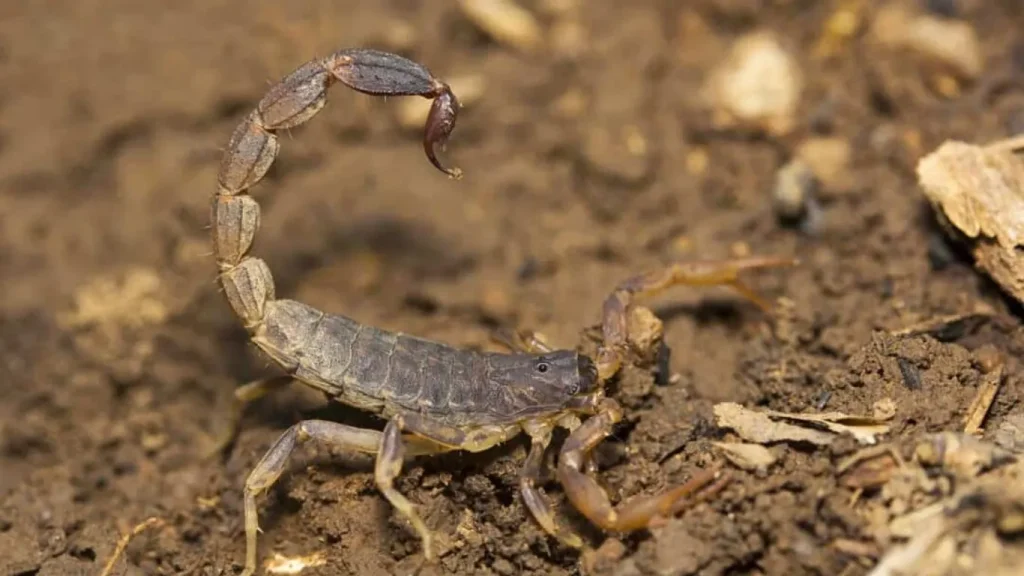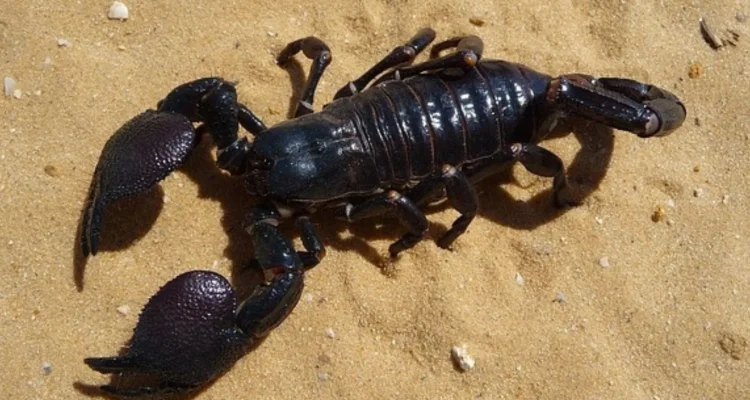What Attracts Scorpions?
Scorpions can be a nuisance and a danger, especially in certain parts of the world. Understanding what attracts these arachnids can help you keep them away from your home and yard. Let’s dive into the factors that draw scorpions and how you can mitigate them.

Understanding Scorpion Behavior
Scorpions are nocturnal creatures, meaning they are primarily active at night. They seek shelter during the day and come out to hunt in the darkness. This behavior is crucial to understanding why they might be attracted to certain environments.
Common Scorpion Habitats
Natural Environments
Scorpions are typically found in deserts, forests, grasslands, and savannas. They prefer areas that provide ample hiding spots and access to food and water.
Urban Areas
In urban settings, scorpions often take refuge in gardens, yards, and even inside homes. They look for places that mimic their natural habitat, which includes dark, moist, and undisturbed areas.
Climate and Weather Conditions
Warm Climates
Scorpions thrive in warm climates. They are more prevalent in regions with high temperatures and low humidity, although they can adapt to various environmental conditions.
Seasonal Patterns
Scorpions are more active during the warmer months. In cooler seasons, they may become less visible as they seek out warmer hiding spots.
Food Sources
Insects and Other Prey
Scorpions are predators that feed on insects, spiders, and other small creatures. A plentiful supply of prey can attract them to certain areas.
Impact of Food Availability
If your home or garden has an abundance of insects, it can become a feeding ground for scorpions. Keeping insect populations under control can reduce the likelihood of attracting scorpions.
Shelter and Hiding Spots
Cracks and Crevices
Scorpions seek out small, dark spaces to hide during the day. This includes cracks in walls, gaps in foundations, and spaces under rocks and debris.
Outdoor Clutter
Yard clutter such as piles of wood, leaves, or rocks can provide excellent hiding spots for scorpions. Keeping your yard tidy can help deter them.
Moisture and Water Sources
Importance of Hydration
Scorpions need water to survive, and they will seek out sources of moisture. This includes standing water, leaky pipes, and irrigation systems.
Common Water Sources
Areas with frequent watering, such as gardens and lawns, can attract scorpions. Ensuring proper drainage and fixing leaks can reduce this attractant.
Scorpions in Gardens and Yards
Attractive Plants and Landscaping
Certain plants and landscaping features can create an inviting environment for scorpions. Dense foliage and ground cover provide excellent hiding spots.
Garden Maintenance Tips
Regularly trimming plants, removing debris, and controlling insect populations can make your garden less attractive to scorpions.
Outdoor Lighting
Attraction to Light
Scorpions are drawn to areas with abundant insect activity, often around outdoor lights. Insects attracted to light provide a food source for scorpions.
Best Practices for Outdoor Lighting
Using yellow or sodium vapor lights can reduce insect attraction, thus lowering the likelihood of scorpions being drawn to your home.
Home Entry Points
Common Entry Points
Scorpions can enter homes through small openings, such as gaps under doors, windows, and vents. Sealing these entry points can help keep them out.
Prevention Strategies
Install weather stripping, use caulk to seal cracks, and ensure screens are intact to prevent scorpions from entering your home.
Indoor Environments
Areas Inside the Home
Scorpions often seek out basements, attics, and crawl spaces. These areas provide the dark, undisturbed environments they prefer.
Reducing Indoor Attraction
Keep your home clean and clutter-free, and use dehumidifiers to reduce moisture levels, making your home less appealing to scorpions.
Common Myths and Misconceptions
Debunking Popular Myths
There are many myths about what attracts scorpions, such as the belief that they are drawn to certain scents or sounds. Understanding the true attractants is essential.
Understanding True Attractants
Focusing on actual attractants like food, water, and shelter will be more effective in preventing scorpions than relying on myths.
Preventive Measures
Yard and Garden Maintenance
Regular yard maintenance, including removing debris and controlling insect populations, can significantly reduce scorpion attraction.
Home Maintenance Tips
Seal entry points, fix leaks, and keep your home clean to minimize scorpion presence.
Natural Predators and Biological Control
Animals that Hunt Scorpions
Certain animals, like birds, lizards, and mammals, prey on scorpions. Encouraging these natural predators can help control scorpion populations.
Encouraging Natural Predators
Creating a habitat that supports natural predators can be an effective, eco-friendly way to manage scorpion populations.
FAQs
What are the most common attractants for scorpions?
The most common attractants for scorpions are food sources like insects, moisture, and shelter such as cracks and cluttered areas.
Can certain plants deter scorpions?
While no plants are proven to deter scorpions, maintaining a tidy garden with minimal ground cover can help reduce hiding spots.
How do I scorpion-proof my home?
To scorpion-proof your home, seal entry points, reduce moisture, keep your home clean, and eliminate clutter both inside and outside.
Are there any natural repellents for scorpions?
Natural repellents like essential oils (e.g., lavender, cedar) may help, but their effectiveness varies. Encouraging natural predators is often more reliable.
What should I do if I find a scorpion in my home?
If you find a scorpion in your home, carefully capture it using a glass and a piece of paper, and release it outside away from your home. Consider professional pest control if you have frequent sightings.
Conclusion
Understanding what attracts scorpions is the first step in preventing them from invading your home and yard. By managing food sources, eliminating shelter, and maintaining your property, you can reduce the likelihood of a scorpion encounter. Regular maintenance and natural control methods can also play a significant role in keeping these pests at bay.


Congratulation!